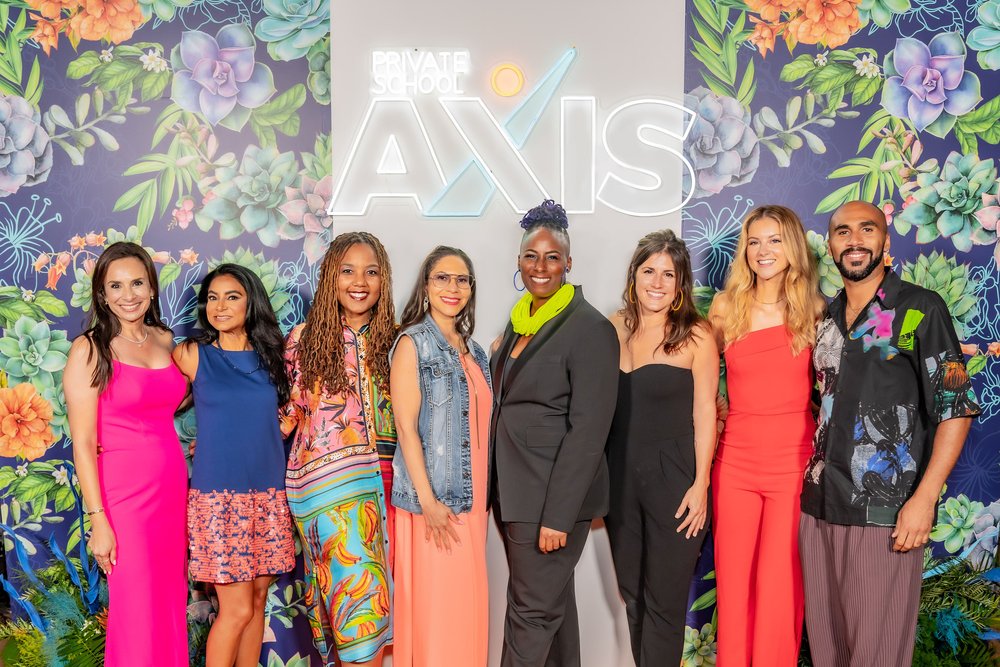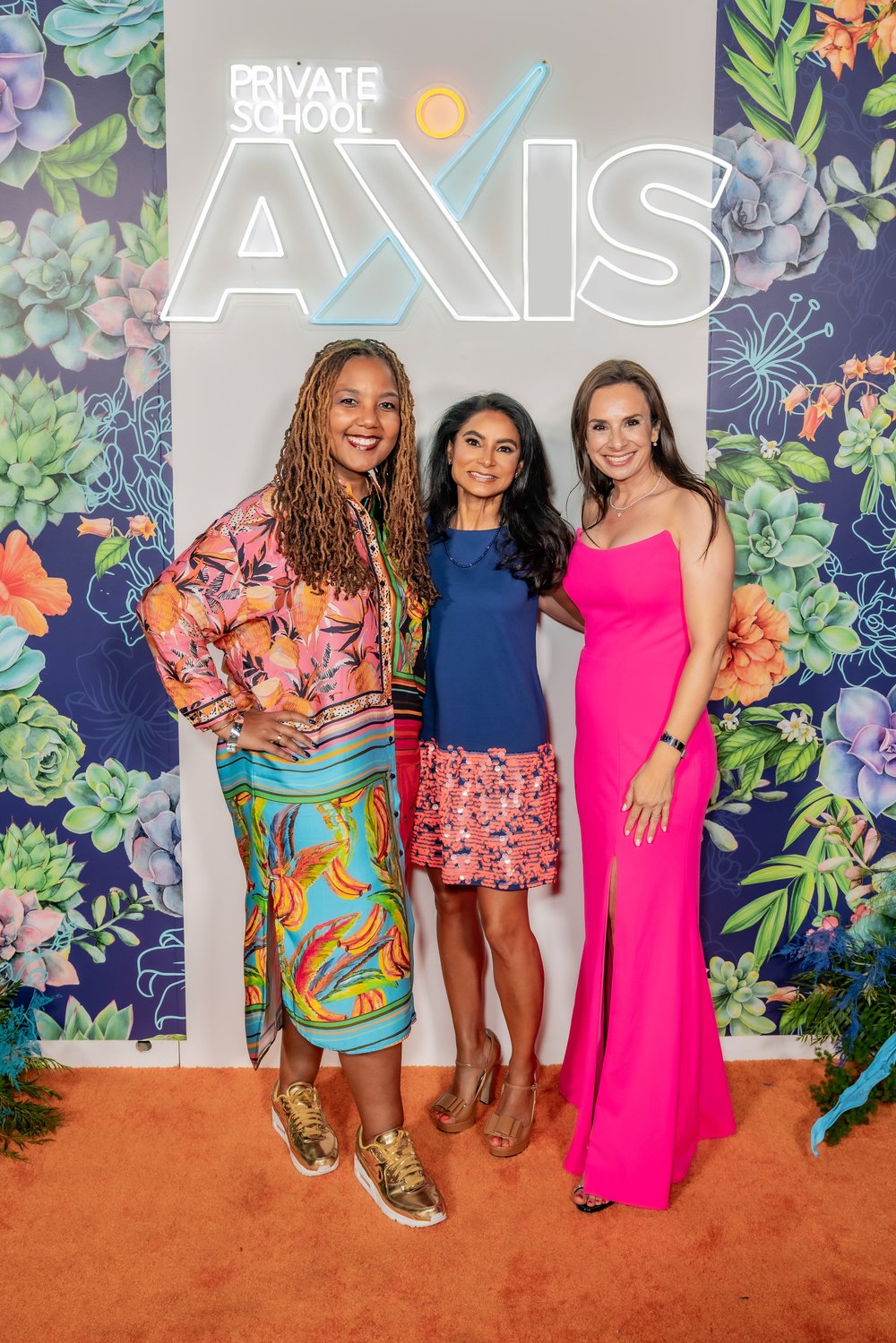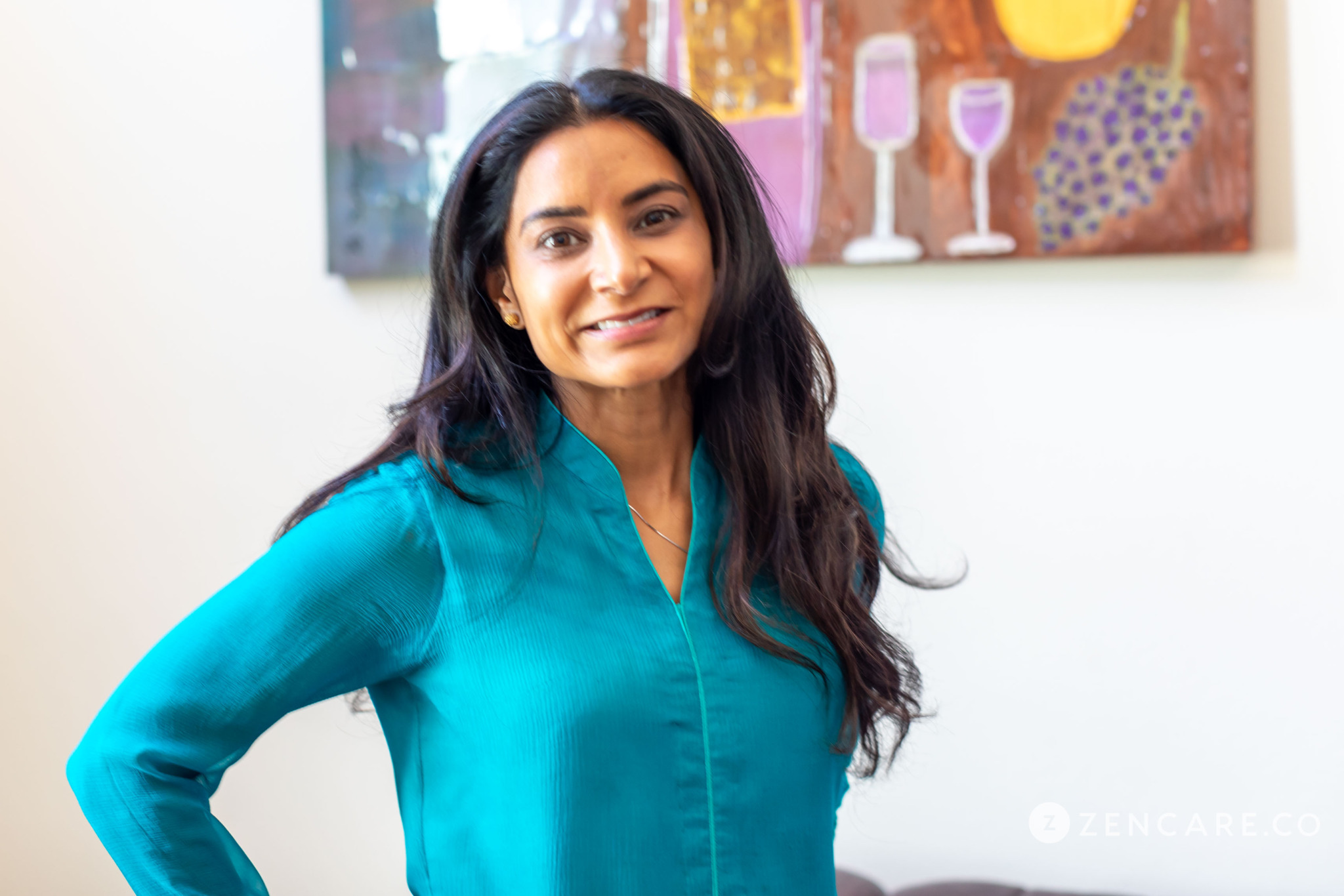We’re excited to introduce you to the always interesting and insightful Kavita Ajmere. We hope you’ll enjoy our conversation with kavita below.
Kavita, appreciate you joining us today. What’s the best advice you ever gave to a client? How did they benefit / what was the result? (Please note this response is for education/entertainment purposes only and shouldn’t be construed as advice for the reader)
Female friendships play a vital role in psychological wellbeing through multiple mechanisms. These relationships often provide a unique combination of emotional understanding, mutual support, and shared experiences that create lasting positive impacts on mental health. Women in close friendships typically experience reduced stress levels, as these relationships offer safe spaces for emotional expression and processing of life experiences.
The support systems formed through female friendships are particularly powerful during major life transitions – whether that’s navigating career changes, relationship challenges, parenthood, or loss. These bonds often involve deeper emotional intimacy than many other relationships, with friends serving as confidantes, advisors, and supporters who can both validate experiences and offer new perspectives.
Research shows that women who maintain strong female friendships generally report higher levels of life satisfaction and better health outcomes. These relationships can buffer against depression and anxiety, while also providing practical support through life’s challenges. The reciprocal nature of these friendships – where both parties give and receive support – creates a sustainable support network that strengthens over time.

Kavita, love having you share your insights with us. Before we ask you more questions, maybe you can take a moment to introduce yourself to our readers who might have missed our earlier conversations?
Hello, I’m Dr. Kavita Ajmere, a licensed psychologist with over 25 years of clinical experience across various settings, including community mental health, Veterans Affairs, university counseling centers, and private independent schools. My journey into psychology was driven by a profound interest in the intricate connection between our inner world and mental health. This passion led me to develop an eclectic and inclusive therapeutic style, integrating coaching and counseling models, cognitive-behavioral approaches, and an understanding of the mind-body connection through a wellness lens and positive psychology.
Throughout my career, I’ve had the privilege of working with a diverse clientele, including teens, young adults, adults, and couples. My services encompass individual therapy, couples therapy, dialectical behavioral therapy (DBT), and cognitive-behavioral therapy (CBT). I am particularly passionate about assisting adolescents grappling with anxiety and depression, helping them navigate these challenges towards a path of healing and personal growth. As a certified yoga instructor, I deeply appreciate the mind-body connection and often incorporate this perspective into my therapeutic practice.
In addition to my clinical work, I served as an adjunct professor at the Chicago School of Professional Psychology in Los Angeles, contributing to the education and mentorship of future psychologists. I have also completed extensive training in Cognitive Behavioral Therapy, focusing on children, adolescents, and families, under the guidance of esteemed professionals like Dr. Mark A. Reinecke and Dr. Patrick McGrath. Currently, I am undergoing training at The Integrative Sex Therapy Institute to further enhance my skills in sex therapy and couples counseling.
What sets my practice apart is a holistic and integrative approach to mental health. I believe in addressing the whole person—mind, body, and spirit—to facilitate meaningful and lasting change. My goal is to provide a supportive and non-judgmental space where clients can explore their inner worlds, develop effective coping strategies, and work towards their personal goals.
I am licensed to practice in over 25 states, including California (#PSY26691) and Illinois (#071007003), which allows me to offer services to a broad range of clients across the country.
One of my recent initiatives is “The Truth About Happy Couples,” a pre-recorded workshop series co-created with Malia Scott, a fellow couples and sex therapist. This series integrates various therapy models into digestible information and exercises that partners can explore together, aiming to deepen friendship and nurture the erotic aspects of their relationships.
I am most proud of the positive impact my work has had on my clients’ lives, helping them overcome challenges and achieve personal growth. For potential clients, followers, or fans, I want you to know that my practice is dedicated to providing compassionate, evidence-based care tailored to your unique needs. I am committed to walking alongside you on your journey towards mental wellness and personal fulfillment.
Thank you for taking the time to learn about me and my practice. I look forward to the possibility of working together to achieve your mental health goals.
What’s a lesson you had to unlearn and what’s the backstory?
A major lesson I had to unlearn was the idea that relationship success depends primarily on identifying and “fixing” what’s wrong with your partner. Through my own marriage, I realized I had been focusing too much on what I perceived as my husband’s shortcomings rather than turning inward to understand my own behaviors, needs, and growth areas.
This shift toward examining myself and what I needed to change was transformative, but unfortunately, it came too late to save that relationship, and we ultimately divorced. However, this experience became a powerful catalyst for personal development. I committed to doing deep work on myself, developing relational self-awareness—a concept I now see as invaluable, not just in my personal life but also in my professional work as a sex and couples therapist.
Relational self-awareness involves understanding how your past experiences, emotions, and patterns influence the way you show up in a relationship. It’s about taking responsibility for your role and contributions to the dynamic rather than blaming or projecting onto your partner.
Now, I’m in a new relationship where I intentionally approach connection, communication, and intimacy through this lens. It’s been incredibly fulfilling to engage in a partnership where both people are willing to reflect and grow together. My personal journey has deepened my compassion and understanding for the couples I work with, and I truly believe this perspective is key to fostering healthy, resilient relationships.

Can you share a story from your journey that illustrates your resilience?
Five years ago, my mom passed away. Our relationship had always been tumultuous — filled with both love and tension. Her death was profound, not only because I lost her but also because I lost the possibility of the relationship we might have had. That unfulfilled potential lingered, and for a long time, it was a difficult thing to sit with.
In the years since her passing, that experience has reshaped how I view relationships and time. Grief taught me a deep and humbling lesson: life is unpredictable, fleeting, and too precious to waste on relationships that are unintentional or disconnected. I’ve become more mindful about the relationships I nurture, striving for depth, authenticity, and mutual growth. It’s a reminder to prioritize the people and connections that truly matter.
This journey has also informed my work as a psychologist and therapist. I encourage clients to live in alignment with what brings them fulfillment and to approach relationships with intention. My mother’s passing, though painful, instilled a resilience rooted in love and a renewed sense of purpose — a reminder to live fully and foster meaningful connections because life is far too short not to.
Contact Info:
- Website: https://doctorkavita.com
- Instagram: drkavitaajmere
- Linkedin: Dr. Kavita Ajmere


